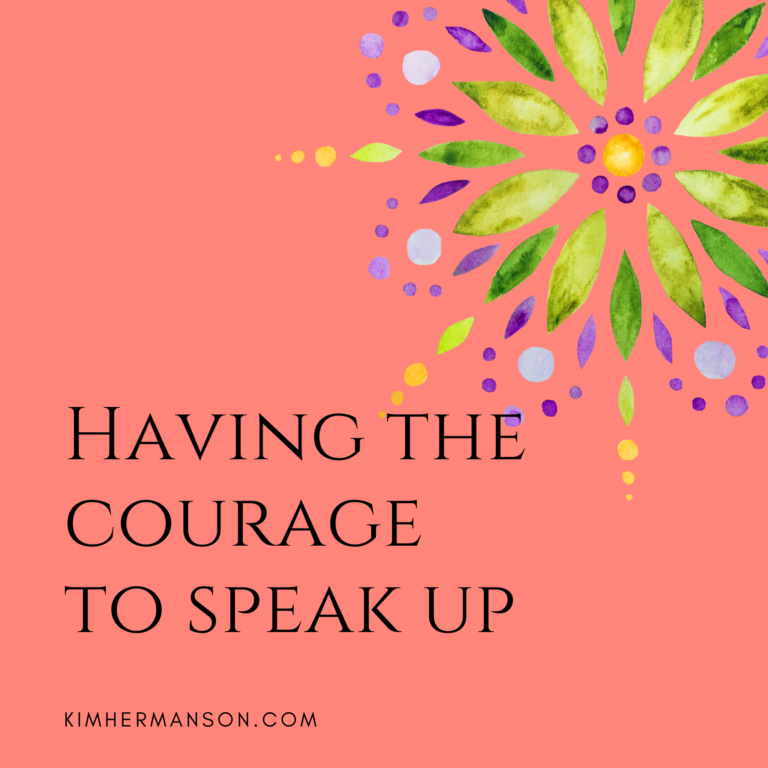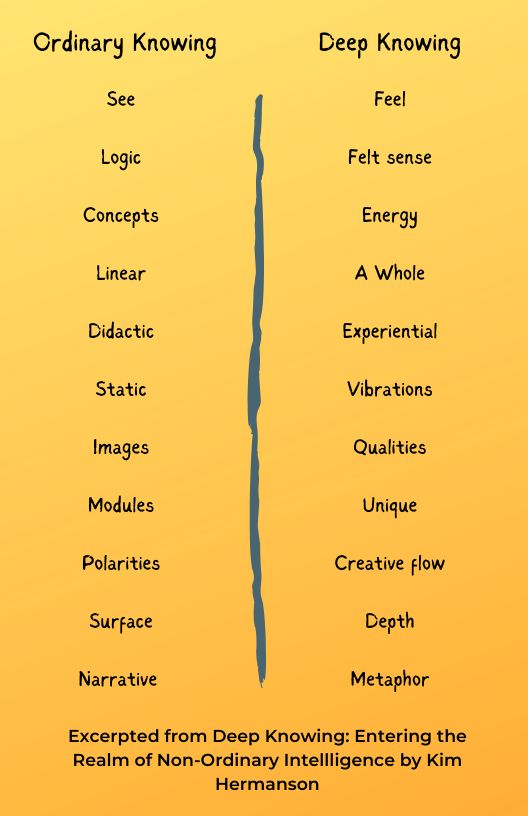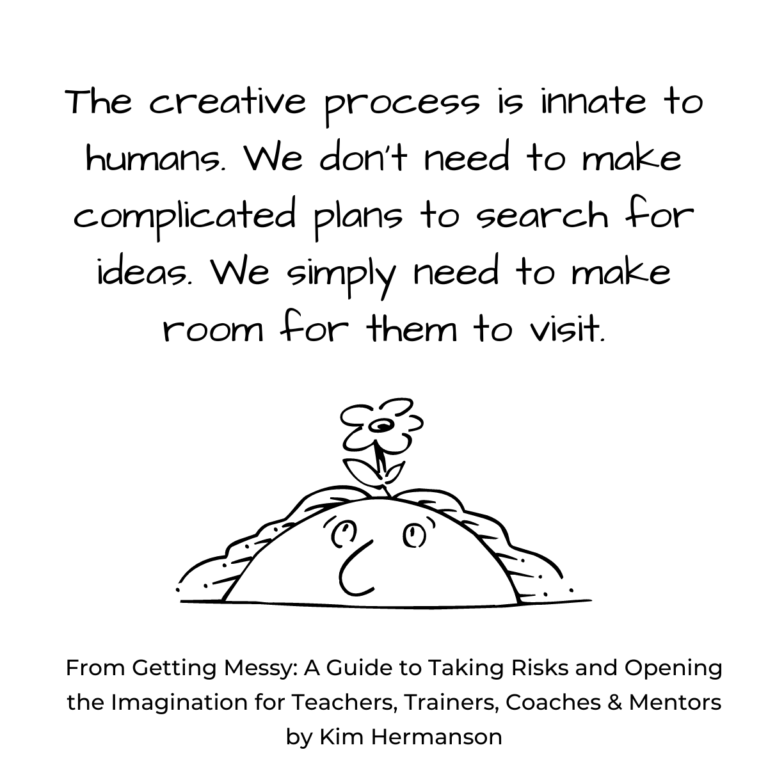Why we’ve stopped singing in public—and how to bring joyful expression back

When I was eight, my third-grade class attended a musical at the local theater. I don’t remember the name of the production, but I vividly recall the scene: actors and actresses dressed in ordinary street clothes, singing their hearts out on a stage designed to look like an everyday town. Gathered around make-shift houses and under temporary lamplights, they joined together in exuberant song. I enjoyed the performance, but what I really wanted to know was this: Why don’t we sing on street corners all the time? Where has that wild exuberance gone? Why am I only seeing this on a stage? That was the world I wanted to live in.
Music surrounds us in daily life—playing in cafés, elevators, cars, commercials, movies, and grocery stores, designed to excite, soothe, or elevate our mood. Cities are full of musical performances for our passive consumption. But true communal singing, the free and joyful expression we see in musicals, is almost nonexistent. Music is kept under wraps. For most of us, singing is confined to the privacy of a shower. Why?
Perhaps it’s because we’ve made music an exclusive domain, reserved for those with “acceptable” skill and proficiency. I’ll never forget a Christmas Eve church service I attended several years ago. The pastor, a woman, played Silent Night on her harp. Before she began, she admitted she was a beginner and prepared us for imperfections. Sure enough, her playing was hesitant and unpolished, but her profound vulnerability in sharing this moment was unforgettable. She risked judgment and ridicule, offering us something raw and deeply human. It’s a memory I’ll always treasure.
Criticism of musical expression cuts deeply. Years ago, I had a friend who often ridiculed Garrison Keillor’s singing voice on NPR’s A Prairie Home Companion. “He shouldn’t be singing,” he scoffed. “He can’t sing.” Maybe I’m not well-educated enough to make a technical assessment, but I don’t care about perfection. What moves me is the courage it takes to sing, to share a piece of one’s soul. The more hesitant the voice, the more captivated I am. I want to hear it.
Our culture’s disdain for imperfect singing silences us. Criticism ensures that many of us stay quiet, afraid to share ourselves musically. All creative work faces judgment, but music seems especially fraught. When someone sings “off-key,” we cringe or cover our ears, as though imperfect singing is intolerable. Singing has become a performance for the privileged few rather than a birthright for all.
In her book Daring Greatly, Brené Brown writes, “To put our art, our writing, our photography, our ideas out into the world with no assurance of acceptance or appreciation—that’s vulnerability. … I define vulnerability as exposure, uncertainty, and emotional risk.”
Bravo.





